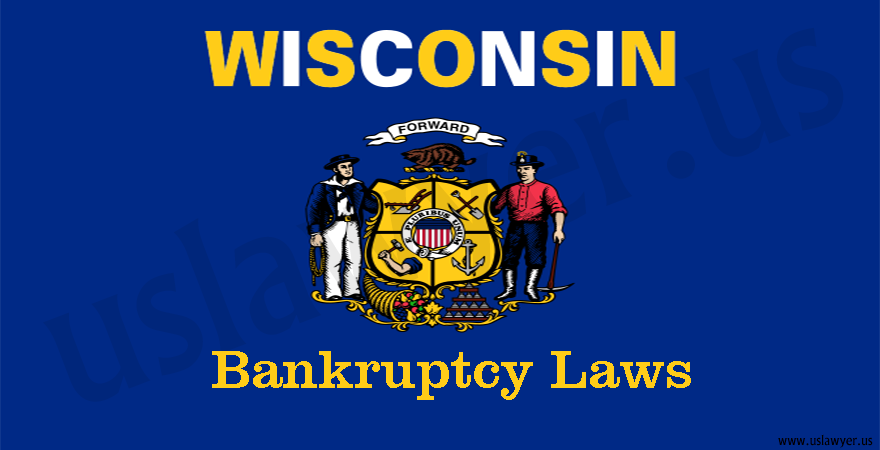
Wisconsin bankruptcy laws are comprehensively unique to cover various types of situations.
The laws are well-tailored to meet the varying demands and specific difficulties of corporate, business people, and other individuals.
The mandates provided under Wisconsin bankruptcy laws provide for both personal and corporate filings.
The law allows individuals and their family members to file under Chapters 7, 11, and 13, depending upon various circumstances.
Whereas individuals and their families are required to file under Chapters 7 and 13.
The law contains a warehouse of provisions for effectively dealing with economic instability.
It contains flexible provisions for effective reorganization of finances.
Bankruptcy process:
- Individual debtors are filing for bankruptcy within a prescribed period of 6 months.
- Bankruptcy act Means Test, analyzing expenses and incomes to qualify for Chapter 7 or Chapter 13.
- Gathering paperwork for itemizing current income sources.
- Filing for bankruptcy using Wisconsin exemptions.
- You should know about 8 rules before filing bankruptcy.
- Chapter 13 requirements and submitting the proposed repayment plan.
- Meeting of creditors and plan confirmation.
If you like to know more about Chapter 7 and Chapter 13, You should read the following articles:

